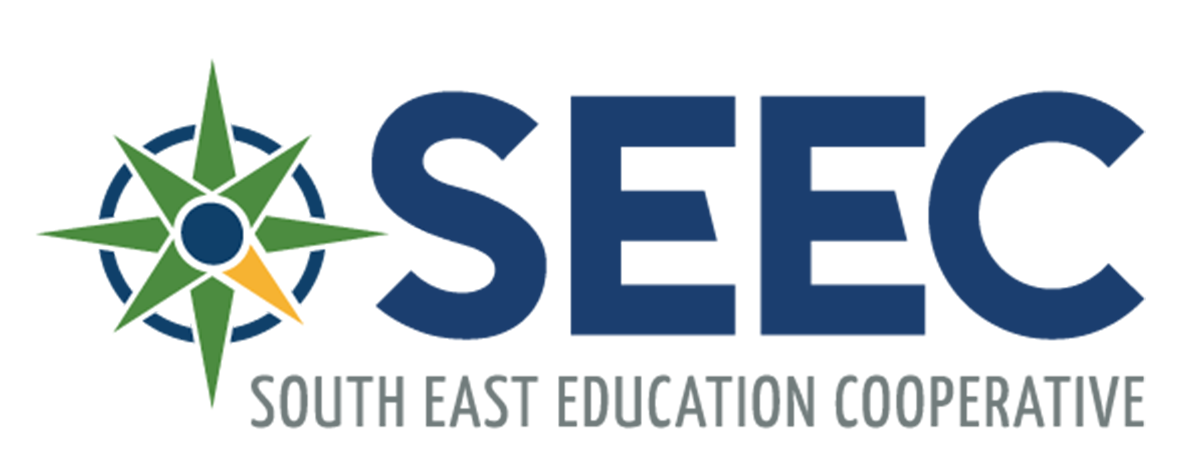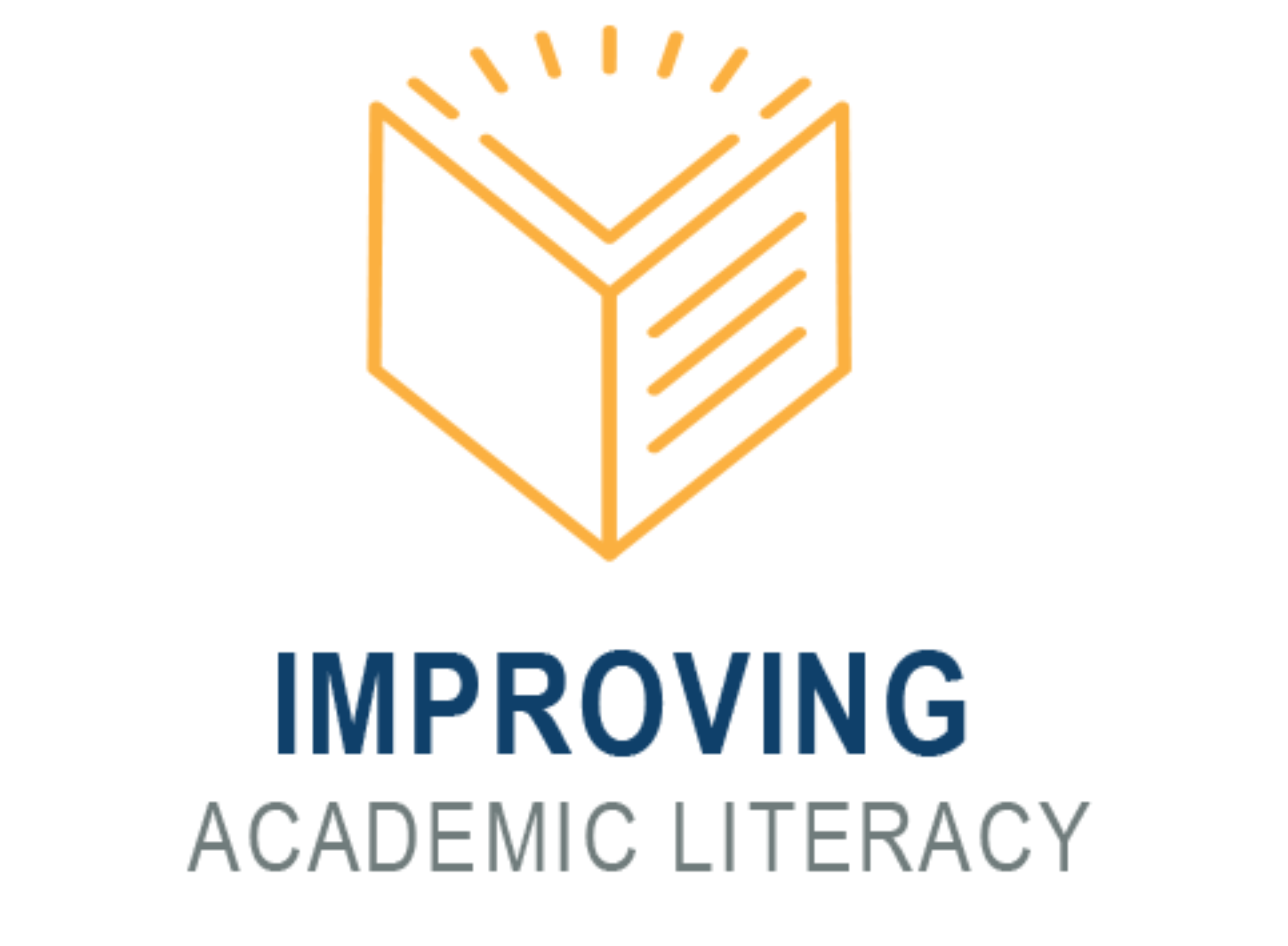Testimonials
"To be a part of the Improving Academic Literacy Project has been a privilege and I am extremely thankful that my principal realized the impact this project will have on our school. I foresee some wonderful changes in our school--full of collaboration, engagement and student growth. Thank you to SEEC and Dr. Feldman for this wonderful opportunity!" - Anonymous
"Thank you so much for such an amazing PD opportunity! We have done two of our own school-wide Learning Walks and are planning a third. Next year, our principal plans to have another group participate in the project. The Academic Literacy Project has been a career changing opportunity." - Anonymous
"I absolutely loved the content addressed and can't wait to implement it." - Anonymous
"Beginning this class at the start of school was very beneficial to me and my students. The changes I made to my instruction are quite significant and have benefitted my students and I think they've increased students' math vocabulary knowledge which in turn increases their understanding of the concepts and lessons. Thank you so much for the phenomenal instruction in vocabulary instruction." - 4th Grad ELA & Math Teacher
"Fantastic. Reinforces all things students need to succeed. Love the strategies and resources provided." - Secondary Teacher, West Fargo High School
"I enjoyed every bit of this training and found it all to be very beneficial to bettering my professional career." - Middle School Teacher , Milnor Public School



